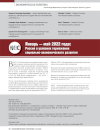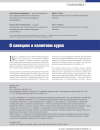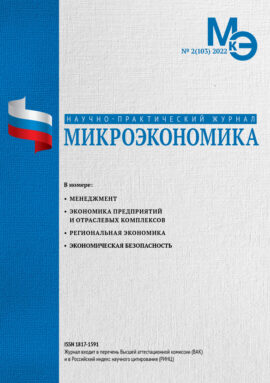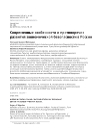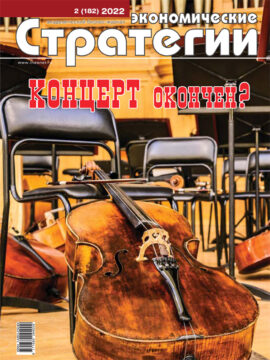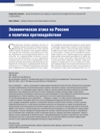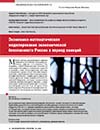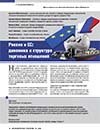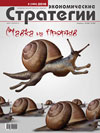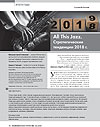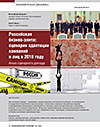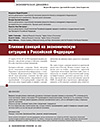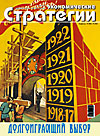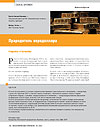2022, January — May: Russia in the Context of Slowing Down Socio-economic Development
DOI: https://doi.org/10.33917/es-4.184.2022.90-95
Changing of a conjuncture index of “Economic strategy” (CIES) for five months of 2022 is considered. The contribution of indicators of supply and demand in CIES is estimated. The analysis of industrial production is carried out.
Источники:
1. Sotsial’no-ekonomicheskoe polozhenie Rossii v yanvare — mae 2022 goda: Doklad [Socio-Economic Situation in Russia in January-May 2022: Report]. Federal’naya sluzhba gosudarstvennoi statistiki, available at: https://rosstat.gov.ru/storage/mediabank/osn-05-2022.pdf.
2. Osnovnye parametry stsenarnykh uslovii prognoza sotsial’no-ekonomicheskogo razvitiya Rossiiskoi Federatsii na 2023 god i na planovyi period 2024 i 2025 godov [Main Parameters of the Scenario Conditions for Forecasting Socio-economic Development of the Russian Federation for 2023 and for the Planned Period of 2024 and 2025]. Ministerstvo ekonomicheskogo razvitiya RF, available at: https://www.economy.gov.ru/material/file/c56d9cd0365715292055fe5930854d59/scenarnye_usloviya_2023.pdf.
3. Informatsiya o Plenarnom zasedanii Peterburgskogo mezhdunarodnogo ekonomicheskogo foruma s uchastiem Prezidenta RF 17 iyunya 2022 g. [Information on the Plenary Meeting of the St. Petersburg International Economic Forum with Participation of the President of the Russian Federation on June 17, 2022]. Ofitsial’nyi sait Prezidenta RF, available at: kremlin.ru/events/president/news/68669.
4. Frenkel’ A.A., Tikhomirov B.I., Surkov A.A. 2021: stagflyatsiya ili tekhnologicheskii suverenitet — inogo ne dano! [2021: Stagflation or Technological Sovereignty — No Other Choice!]. Ekonomicheskie strategii, 2022, no 2, pp. 86–91, DOI: 10.33917/es-2.182.2022.86-91.



